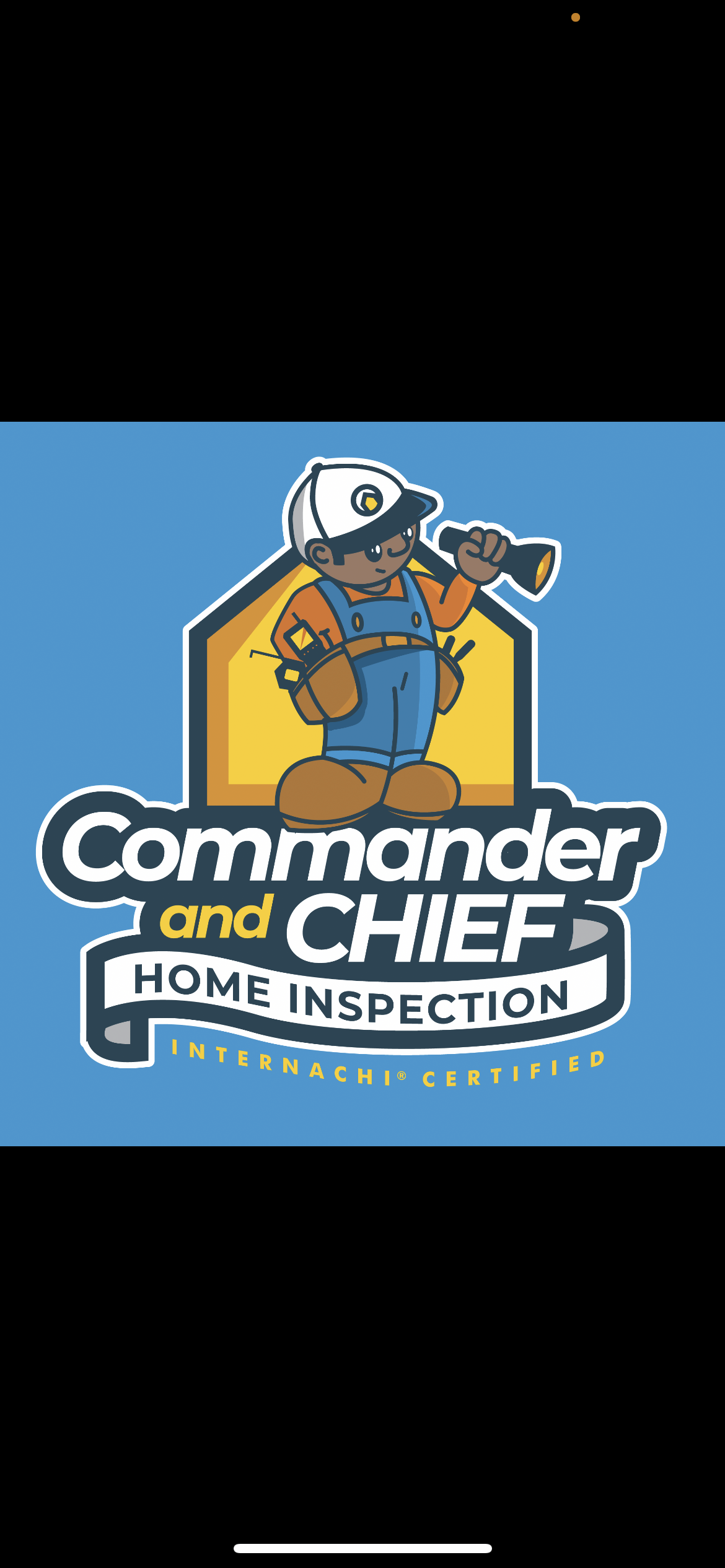
Understanding Home Inspection Certifications
- Mike Wilson
- Sep 22, 2025
- 4 min read
Buying a home is one of the biggest decisions you’ll ever make. It’s exciting, but it can also be nerve-wracking. You want to be sure the house you’re investing in is safe, sound, and free of hidden problems. That’s where a home inspection comes in. But how do you know if the person inspecting your potential new home is qualified? This is where certified inspection credentials come into play.
You might wonder, What exactly are these credentials? or Why should I care if my inspector is certified? Let’s break it down in simple terms so you can feel confident and informed when it’s time to get your home inspected.
Why Certified Inspection Credentials Matter
When you hire a home inspector, you’re trusting them to spot issues that could cost you thousands down the road. Certified inspection credentials are proof that the inspector has met certain standards of knowledge and professionalism. Think of it like a driver’s license for home inspectors - it shows they’ve passed tests and have the skills needed to do the job right.
Without these credentials, you might end up with an inspector who misses critical problems or doesn’t understand building codes. That’s a risk you don’t want to take. Certified inspectors have usually completed training, passed exams, and keep up with continuing education. This means they stay current on the latest building practices and inspection techniques.
Here’s why it’s important:
Peace of mind: You know the inspector is qualified.
Better reports: Certified inspectors provide detailed, accurate findings.
Professionalism: They follow industry standards and ethics.
Insurance: Many certified inspectors carry errors and omissions insurance, protecting you if something is missed.
What Are Certified Inspection Credentials?
Certified inspection credentials come from recognized organizations that set the bar for home inspectors. These credentials vary by state and organization but generally include:
Training: Classroom or online courses covering home systems, safety, and inspection techniques.
Exams: Written and sometimes practical tests to prove knowledge.
Experience: Some certifications require a minimum number of inspections performed.
Continuing Education: Ongoing learning to stay updated on changes in building codes and technology.
Some well-known certifications include:
ASHI (American Society of Home Inspectors) Certification
InterNACHI (International Association of Certified Home Inspectors) Certification
State-specific licenses or certifications
Each certification has its own requirements, but all aim to ensure inspectors are competent and trustworthy.
If you want to learn more about the qualifications of a trusted inspector, check out this home inspection certification page for detailed info.
What is required to be a home inspector in California?
If you’re curious about how home inspection certification works in other states, California offers a good example. To become a licensed home inspector there, you must:
Complete a state-approved training program - This includes classroom hours and field training.
Pass the California Home Inspector Examination - A comprehensive test covering all aspects of home inspection.
Submit proof of insurance - Liability insurance is mandatory.
Apply for a license - Submit your application and fees to the California Bureau of Real Estate.
California’s requirements are strict to protect consumers, and many other states have similar rules. While Michigan’s rules differ, understanding California’s process highlights the importance of proper certification and licensing.
How to Choose a Certified Home Inspector in Michigan
You might be wondering, How do I find a certified home inspector near me? Here are some practical tips to help you choose the right professional:
Ask for credentials: Don’t hesitate to ask for proof of certification and licensing.
Check reviews: Look for testimonials from past clients.
Verify insurance: Make sure the inspector carries errors and omissions insurance.
Look for experience: An inspector with years of experience will likely catch more issues.
Request a sample report: This shows how thorough and clear their inspection reports are.
Specialized services: If you need sewer scope inspections or other specialized checks, ask if they offer those.
Choosing a certified inspector means you’re getting someone who knows what to look for and how to communicate it clearly. This can save you money and stress in the long run.
Why Certification Benefits You as a Homebuyer
You might think certification is just a formality, but it really benefits you directly. Here’s how:
Confidence in your purchase: Knowing the home has been inspected by a certified professional helps you feel secure.
Negotiation power: A detailed inspection report can help you negotiate repairs or price reductions.
Avoid surprises: Certified inspectors are trained to spot hidden problems like faulty wiring, plumbing leaks, or structural issues.
Long-term savings: Catching problems early can save you from costly repairs later.
Better understanding: Inspectors often explain their findings in simple terms, helping you understand your new home better.
Remember, buying a home is a big investment. Having a certified inspector on your side is like having a trusted guide through the process.
Taking the Next Step with Confidence
Now that you understand the importance of certified inspection credentials, you’re better equipped to make smart decisions. When you’re ready to schedule your home inspection, look for someone who holds recognized certifications and has a solid reputation.
At Commander And Chief Home Inspection, we pride ourselves on being one of Michigan’s most trusted home inspection services. We offer comprehensive inspections, including specialized sewer scope inspections, to give you the full picture of your potential home.
Don’t leave your home purchase to chance. Choose a certified professional who will give you the knowledge and confidence you deserve.





Comments